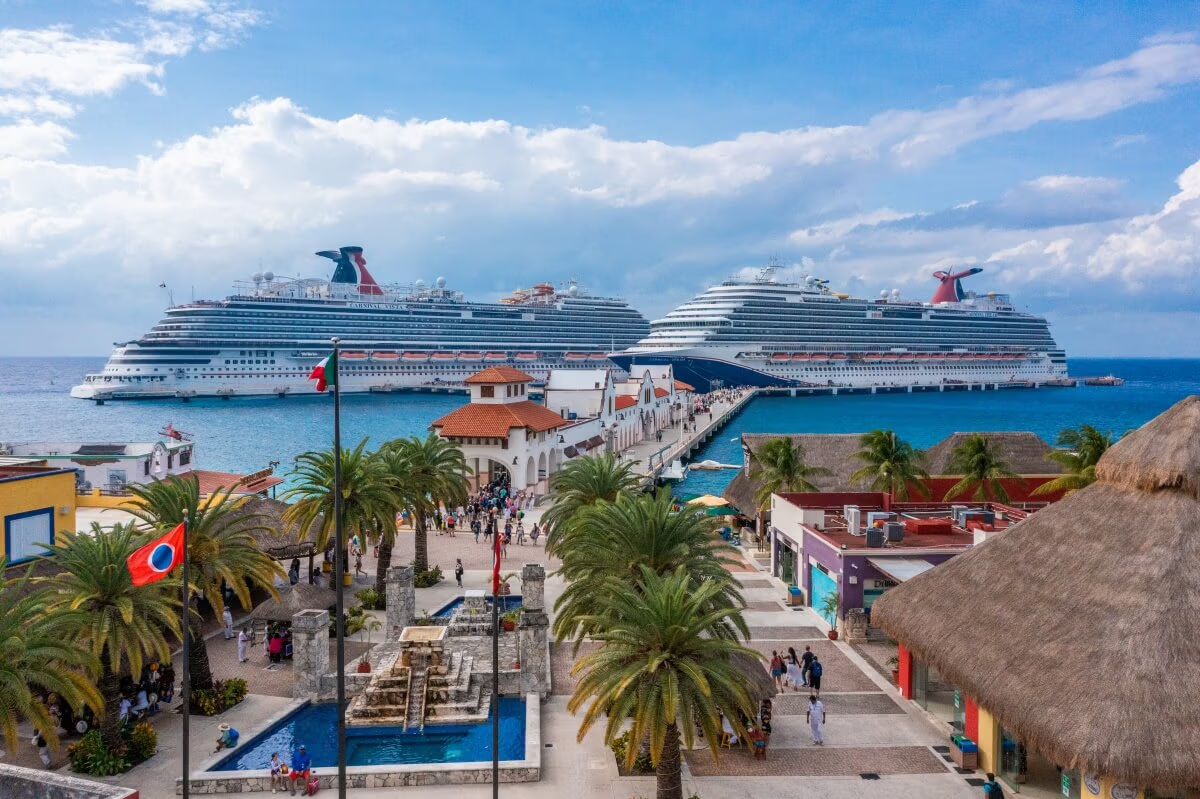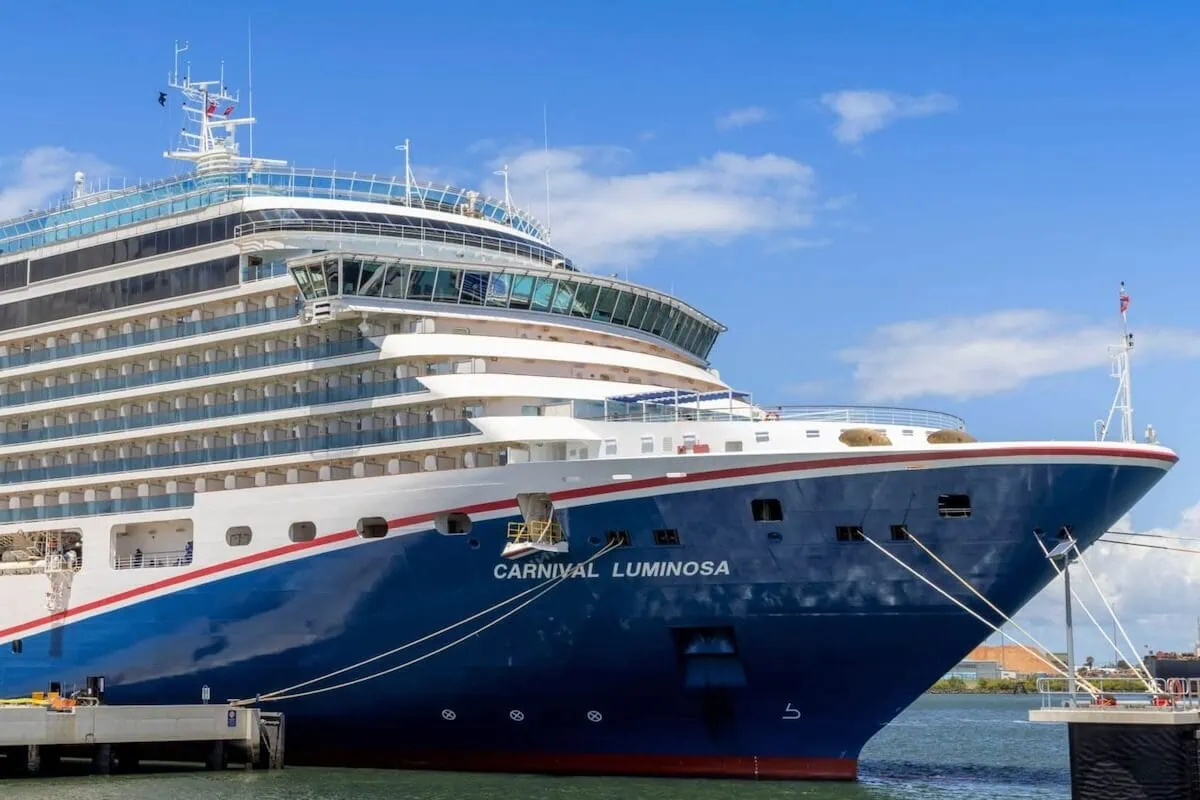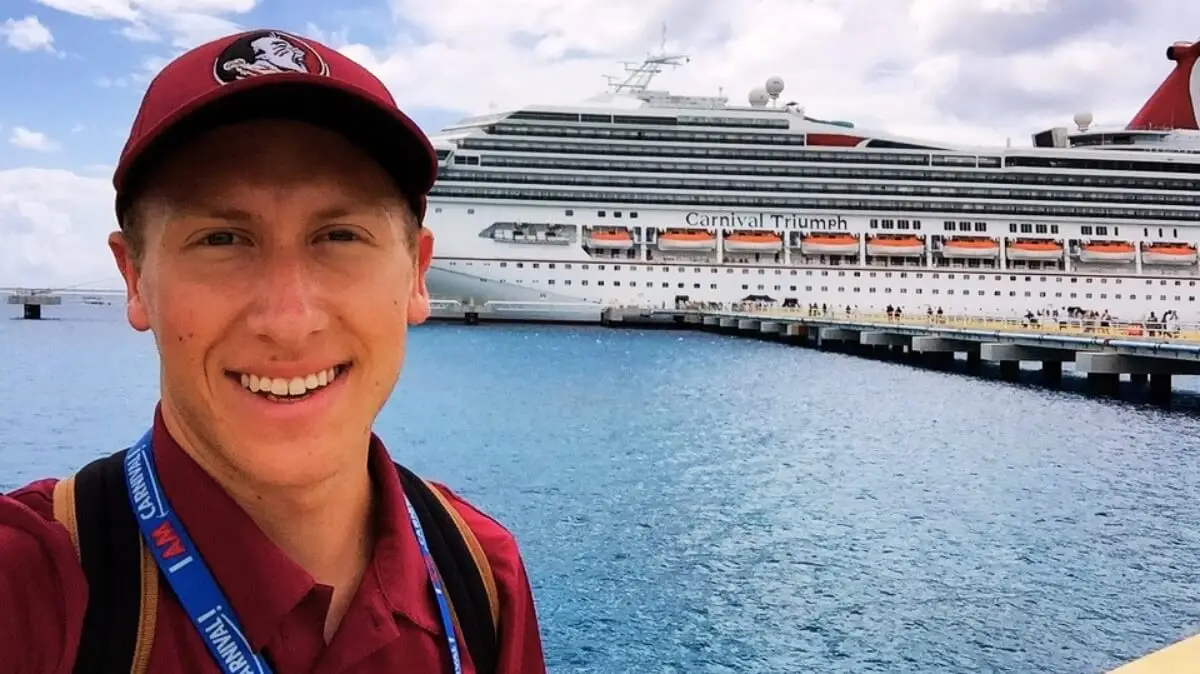Carnival Cruise Line is urging guests to stop flushing wet wipes after a string of clogs forced plumbers to dismantle sections of ship piping, Brand Ambassador John Heald said in a notice circulated late last month.
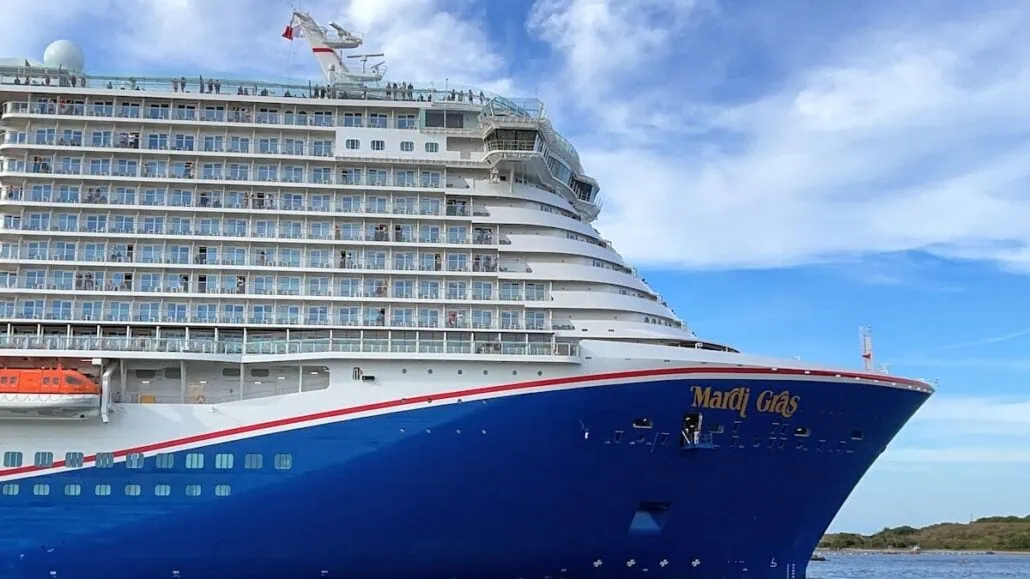
A single jam can disable toilets in several cabins at once, turning vacations into repair zones and saddling the company with hours of labor.
Unlike household commodes, cruise-ship toilets rely on a vacuum-assist system that uses minimal water and powerful negative pressure to whisk waste through narrow pipes to treatment tanks.
The plumbing is calibrated for human waste, and the thin, rapidly dissolving toilet paper is provided in each stateroom.
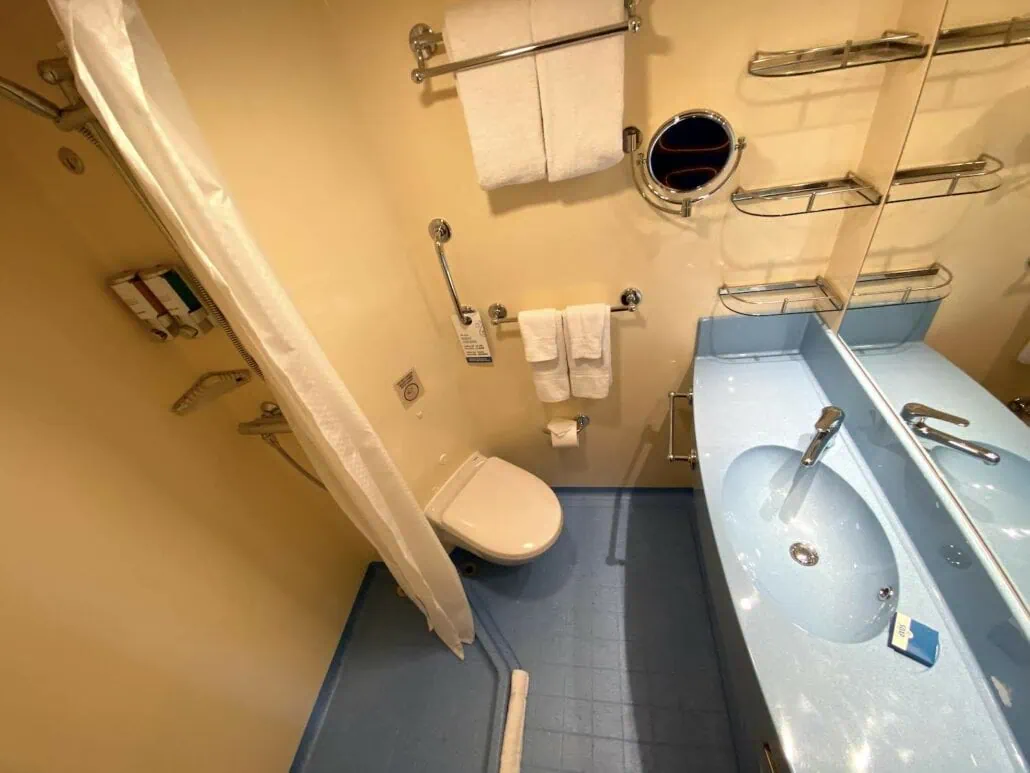
Multiple cabins share vertical pipe runs, so even a small obstruction can back up an entire stack of rooms.
With little water in the lines, there is no buffer to push debris along, making the system especially vulnerable to anything that does not dissolve instantly.
Common culprits include so-called flushable wipes, feminine products, diapers, paper towels, condoms, and occasional clothing.
Items marketed for home plumbing never get the minutes they need to break down, because ship waste travels to holding tanks in seconds.
When a blockage forms, plumbers locate the plug, cut open pipe sections, and manually remove the wad—a process that can take hours and leave affected cabins without working toilets until repairs are finished.
Because clogs tend to form in shared runs, several decks can lose restroom service at once.
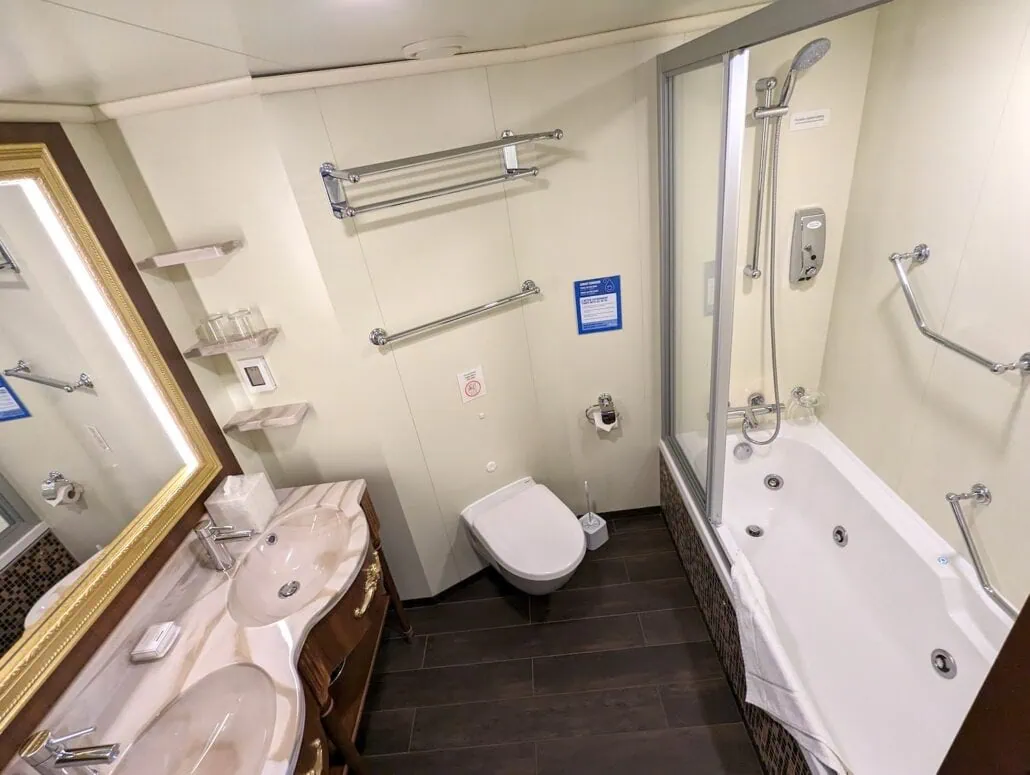
To prevent problems, every cabin bathroom carries small sanitary disposal bags for wipes and other personal items.
Guests are expected to seal used bags, drop them in the trash, and ask attendants for replacements as needed—steps Carnival says keep fares stable by reducing maintenance downtime.
The warning mirrors campaigns on other major lines.
Royal Caribbean, for example, features in-cabin videos and signage that stress an “only toilet paper” rule.
The entire sector must comply with strict MARPOL Annex IV wastewater regulations that depend on free-flowing pipes.
With 29 ships carrying roughly six million passengers a year, even a tiny fraction of bad flushes can generate dozens of service calls on every voyage.



